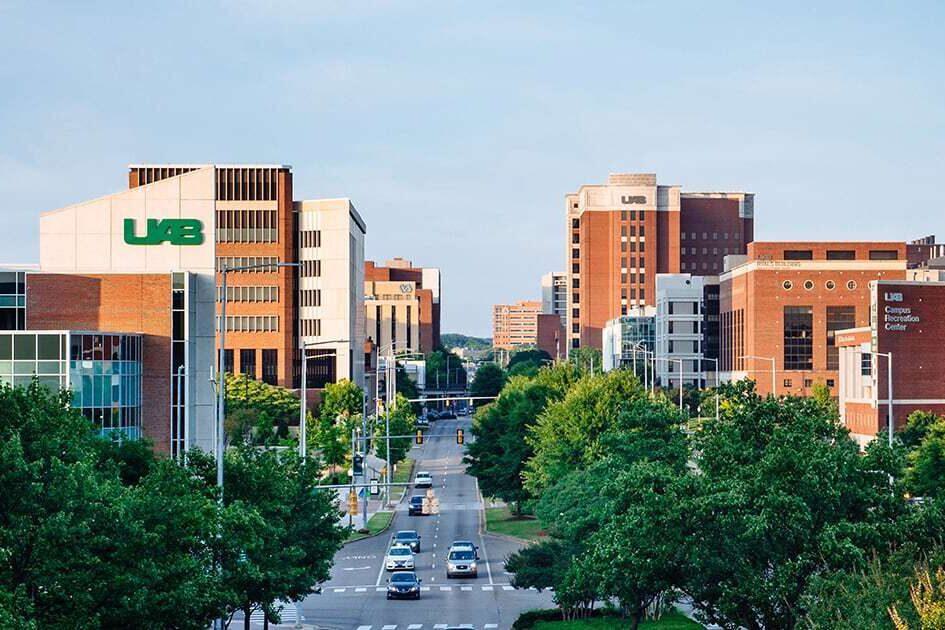MONTGOMERY — The House of Representatives passed Senate legislation on Thursday allowing cities to authorize "research and development corridors" for economic development.
House Bill 336 (HB336) would allow municipalities to authorize the incorporation of a research and development corridor with the ability to collect fees within its corporate limits as a public corporation.
The bill would exempt corridors from fees and charges imposed by a probate judge and from specific taxation. The bill would also exempt corridors and their projects from competitive bid laws.
The corridor would be created by a resolution adopted by a municipality's governing body to authorize the incorporation of a research and development corridor with powers to operate within the city's limits. An unelected board of directors would govern the corridor. Corridors can acquire property within its limits by gift, purchase, transfer and foreclosure.
Senate members dropped similar legislation, creating "innovation districts" instead of "research and development corridors." Lawmakers halted the bills in the Senate without a vote over concerns about the legislation giving innovation districts eminent domain power and the ability to buy land around the state.
"This tool is a combination of economic development incentives that cities already have access to, but it's focused on research and development as a core principle," said State Rep. James Lomax (R-Huntsville), who carried the bill in the house. "If cities choose to enact this research and development corridor, they then would be able to exempt businesses in that zone from paying non-educational taxes, and, in return, those businesses could pay fees that could be used as a resource to encourage future investment form industries, as well as leveraging federal and research development grants within the corridor."
"These Corridors are permissive, meaning that a city has to opt in and create a geographical area by an authorizing resolution. And, if they do, it could help spur economic development, continue to keep talent within the state of Alabama and attract industries from outside of our state into our state," he added.
Everyone who spoke on the bill did so positively.
Echoing sentiments from State Sen. Jabo Waggoner (R-Vestavia Hills), State Rep. Neal Rafferty (D-Birmingham) applauded the bill, saying it would bolster Birmingham's economy. Waggoner previously mentioned a research project for the University of Alabama at Birmingham and Southern Research in Birmingham as motivation for the bill.
"From what I'm hearing, it will have a drastic impact on my area there in Birmingham, potentially making us a tech hub of the Southeast," Rafferty said.
"We could see the drastic improvement of health and community and it would have a generational economic impact; transformational," he continued.
State Rep. Mike Shaw (R-Hoover) also applauded the bill, saying it could improve his area in Hoover.
"We've used many districts like this, so I see this as a great opportunity for all cities, another tool in the toolkit for economic development," Shaw said.
State Rep. Laura Hall (D-Huntsville) offered an amendment requiring minority business organizations in Alabama to submit names they would suggest for appointment to the board to the authorizing subdivision. The amendment passed unanimously.
The bill passed 101-0 with one abstention. Due to Hall's amendment, the Senate must concur with the changes before going to the governor's desk for a signature.
To connect with the author of this story or to comment, email craig.monger@1819news.com.
Don't miss out! Subscribe to our newsletter and get our top stories every weekday morning.










